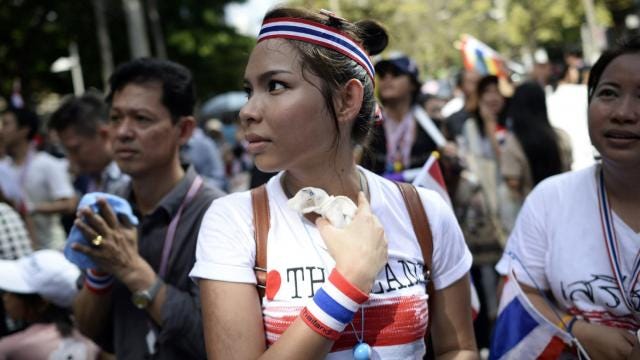Thaksin's Enduring Appeal
How did Thailand’s progressive middle class end up calling for an end to democracy?
It would be hard to imagine another country anywhere that would see thousands of well-educated and seemingly middle-class people march to the streets demanding not more but less democracy. But the current protests in Thailand have that curious upside-down feel to them as if the natural constituents of democracy in most countries — the educated middle cl…
Keep reading with a 7-day free trial
Subscribe to Asia Sentinel to keep reading this post and get 7 days of free access to the full post archives.

